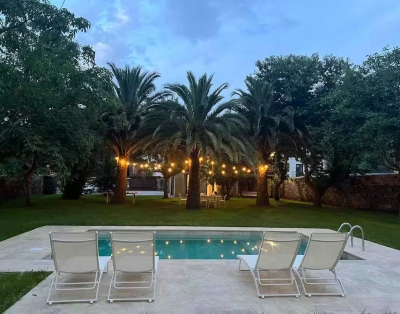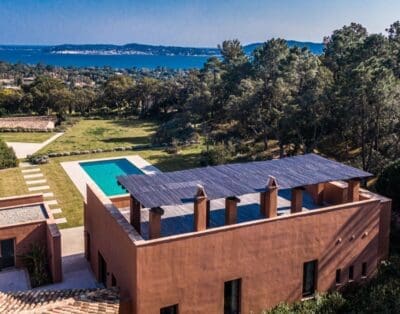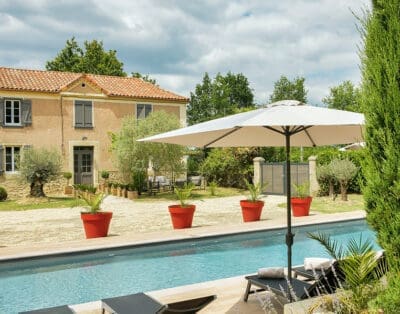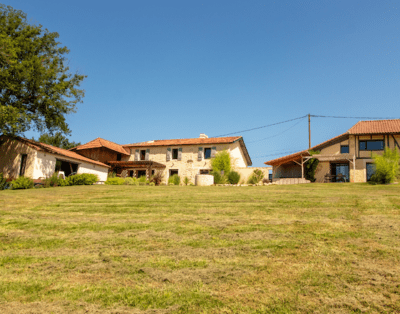The Future Of Luxury Transport Design
In the Oxford dictionary luxury is defined as ‘A state of great comfort or elegance, especially when involving great expense’. It is a fascinating topic as throughout history it always characterised specific levels of societies all around the world. It manifested itself with very different degrees of expressions depending on territory and accessibility to materials that would intrinsically define the luxurious nature of the products.
In the past luxury was mostly defined by the limited number of very wealthy individuals and the lack of accessibility to certain products. Luxury products were once made involving rare skill-sets and very lengthy manufacturing times.
With the advent of manufacturing industrialisation luxury took a new path and progressively, up to modern days, it has become more widespread and repeated. The ever increasing spread of wealth is part of the reason for the industry to fulfil a growing demand for better and more precious products, to the extent of witnessing even a segmentation of the luxury market. The luxury field is now very vast, spanning from what is called Affordable Luxury to The Uber-Luxury. Design is today scrutinising this scenario with the challenge to redefine luxury in its most simple meaning. Luxury customers themselves are no longer satisfied with what the ‘industry’ can offer and are therefore searching for new luxury expressions, at all levels.
There is the feeling that luxury has spread its tentacles too wide and that its original concept is now under threat as customers don’t want to be seen owning a ‘common’ luxurious product. It is possible to think that with the intrinsic meaning of luxury, in every customer’s expectation, there is an automatic association to adjectives like rarity, uniqueness and inaccessibility. These are now crucial prerogatives at all levels of luxury, and they symbolise the capacity of a brand to retain a degree of myth and extremely high desirability amongst their customers.
The more design focuses on these new parameters, the more luxury is creating new rules to become the ultimate expression in individuality, personal taste and tailor made solutions. The capacity to bespoke a product according to an exact customer configuration is today the ultimate luxurious expression. How to do that? That’s when new technology comes on board, not the one belonging to the latest and most modern expression of the robotic industrial revolution; it is the one that allows one to run a manufacturing process of just a handful of pieces, pretty much like in the olden days in the boutique laboratory.
Design for one-offs expressions, cutting and assembling material on an ad-hoc basis is now becoming the norm to fulfil that customer’s desire to be surrounded by very special products, uniquely tailored to his own taste. Manufacturing processes that once were used solely for prototyping have now been refined to run unique executions ready for the end customer. 3D printing and laser cutting and chemical surface finishing are an example where bespoke shapes can be executed without the obligation of running tooling and vast production numbers.
There is therefore a resurgence of the small industry run by high precision labs focused on super high quality products. This is now the case in many industries, from bespoke jewellery to limited edition, one-off supercars.
The luxury automotive industry is progressively moving towards business models based on 30 to 200 limited edition cars designed based on specific themes and arrays of personalisation. Gone are the day when a model was in production for 10 years at 100 units a year. The principle is now selling on paper before even production happens; cars like Ferrari La Ferrari, Aston Martin Lagonda Zagato editions, McLaren Senna are based on very limited availability and in a very short time, with all units normally sold before the first one comes off the line.
Aside from the main brands, there is also a great renaissance of bespoke brands based on donor products. In the automotive industry the old concept of a coach-builder is coming back in vogue; some have become so successful that they have been absorbed by the relative brand they were based on (Merecedes AMG, Volvo Polestar, BMW M). Other independent ones are growing stronger and stronger cutting a very precise market in the luxury and exclusive sector like Range Rover Overfinch, Porsche Singer and Mansory. So strong that the official brand could not sit back and watch; Tailor Made by Ferrari, Ad Personam by Lamborghini and SpecialVehicleOperation (SVO) are some of the strongest expression of fulfilling dream-like execution on their cars.
When the offer becomes really vast and applied to any imaginable car brand, business like Garage Italia, founded by Lapo Elkann, provide you with any wished bespoke solution. From big products to small ones, such as Bamford in the horological industry, where customers can personalise even their watch in the smallest of details.
The other aspect to consider when rarity, uniqueness and inaccessibility come into play is the product offer and the associated customer’s experience. One principle of exclusivity is for Brands to surround their core products with something special, unexpected and, yes, tailored to the order. In the automotive business there is a growing offer of driving experiences, bespoke luggage and accessories to go with your most beloved purchase. In the cycling industry, when you tailor/prepare your bike, you also have access to clubs, special store events and members only riding experiences (Rapha, Bespoke).
There is today a degree of ‘intelligence’ in the luxury business which wasn’t necessarily in place in the past. Customers want their luxury products not just to be trophies of their achievements but also real functional products in their every-day life.
Supercars and their bespoke luggage become proper exquisite ultimate travelling fun machines in the same way ultimate luxury bicycles can be seen as means to network with people driven by the same passion.
Another testimony to this is the yacht industry where things are shifting towards the bespoke. Whereas in the past the product needed to be ostentatious and moored most of the time in some exclusive harbour in the Med or the Caribbean, now there is an increasing demand to serve a purpose, navigating and exploring the world with unprecedented levels of comfort. Yachts are no longer just floating palaces, they are capable of cruising through the roughest waters with great efficiency and comfort to allow their owners to treasure a real luxury sea travelling experience (Hunton 55, Damen SeaXplorer).
The focus can no longer just be in the purchase of any single item. In true luxury terms a product must convey to the customer a sense of exclusive access to the deepest roots of the Brand and a sense of unprecedented inclusiveness. Customers need to feel cosseted by their product experience and grow a special personal relationship with the brand interface; in a world becoming increasingly digital and layered by virtual interfaces, human centred customer service is surely the simplest and oldest approach, yet also proven as the baseline of success for any luxury product. Even at premium/luxury levels. Look at Apple and their unique effort that goes into their stores. BMW ConnectedDrive, Vertu Concierge and many others are a modern version of your personal butler. The reassuring voice who can bring a solution to any of your desires.
In an era dominated by large amounts of product variation, intelligent distinction is one aspect that seems to dominate, encompassing all qualities of luxury. Luxury is no longer just a matter of great expense, it is also the ability to narrate a story that engages people, that can raise interest and evoke beautiful dreams.
Daniele Ceccomori at Quarterre Studio. http://quarterrestudio.com/







